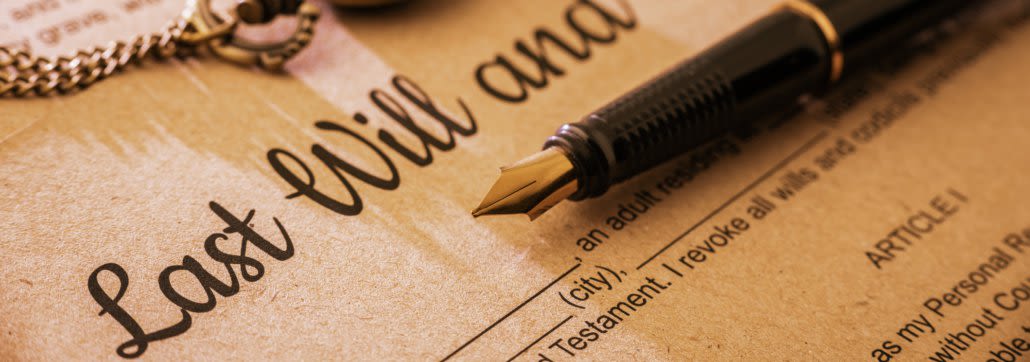
YOUR ORIGINAL WILL, AND WHY IT MATTERS
My client’s mom died earlier this year. Her sister provided her with a copy of her will, signed in 2017, which named the sister as the executor. The sister hired a lawyer, who sent my client the usual waiver and consent document to probate the will — but the copy of the will she he was a different will, from 2010!
What’s going on here? It turns out that the original of the 2015 will could not be found, and so it was necessary to submit the original 2003 will to the court for probate.
It’s a curious situation, since the 2010 will leaves more to the sister than the 2017 will. And right after the death, she lived in the parents’ house where the will was stored. Might she have suppressed the will, or worse, destroyed it?
These questions matter a lot. The probate courts will only accept an original will, unless there is very compelling explanation for how it was lost or destroyed. If the will was stored in a lawyer’s office that was destroyed in a fire, then the court may accept a copy of a will instead of the original. In any other circumstance, the copy would be rejected and the law would regard the will as if it simply did not exist.
This is a harsh, black-and-white rule, but it’s the law. The laws relating to wills are very strict because by definition the person who made the will is not around to explain his or her intentions when the will comes into effect.
It’s therefore extremely important to store a will in a place where it will be safe, and where it can be found, many years after it’s written and signed. If you are very organized, you might keep it at home, among your important papers. But if there’s any chance it could get lost in the shuffle of your papers, or that someone could get to it who might want it to disappear, it may be better to have your lawyer keep it. Be sure to have the lawyer’s contact information in your files. You can also file the will for safekeeping at the Surrogate’s Court in the county where you live. Again, be sure to make a very clear note of this in your papers, where your survivors will be able to find it.
In an age of electronic media, when we no longer even read books or newspapers in physical form, your will is a physical document that has immense consequences. Once you sign it, you literally have to keep it safe for the rest of your life.
 Ron L. Meyers
Ron L. Meyers
Ron Meyers graduated from Columbia University in 1992, from Harvard Law School in 1999, and has been practicing law in New York City since 2000. He worked for several years in major law firms on commercial real estate matters, such as the World Trade Center, the creation of the High Line and the redevelopment of Times Square. He turned to private-client work in 2007, opening his own practice in 2009, where has now served over 1,000 clients. He and his team handle estate planning, probate and residential real estate matters for individuals, couples, and families of all kinds.
